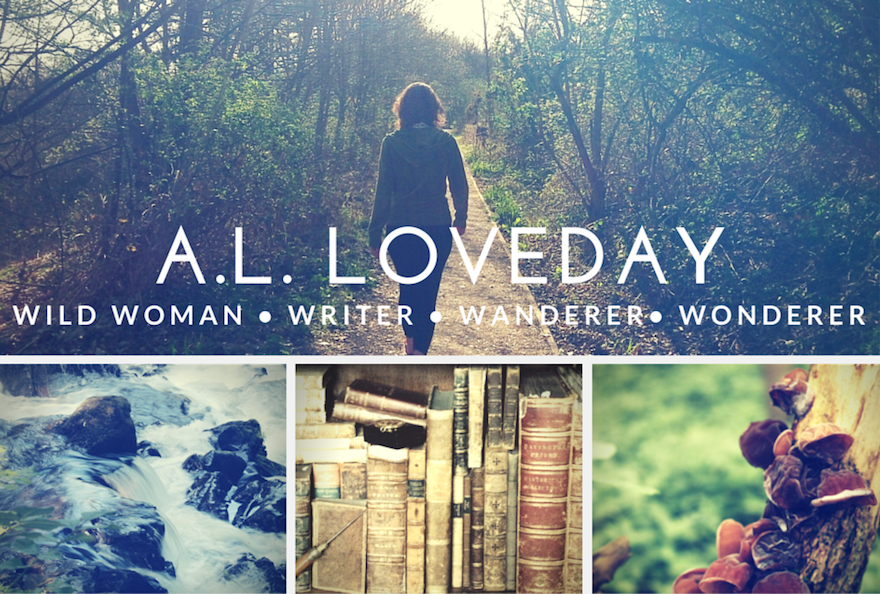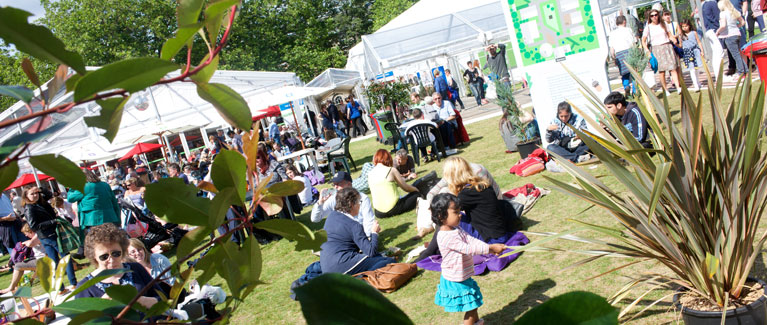When my dad first arrived in England, the question he was asked by all of his peers was 'Beatles or Stones?' The question that defined my generation, that formed humorous playground allegiances, was 'Gryffindor, Hufflepuff, Ravenclaw or Slytherin?'
It feels like a lifetime ago, but the Harry Potter world is still going strong with two plays and a film upcoming, and never-ending legions of new fans. And sandwiched in amongst the new young fans, the die hard superfans, and those who generally aren't too fussed but still aware, lie us: The Generation. Some of us of course fit into the above categories, but most of us just
are, going through life, but having spent our formative years surrounded by the magic of Hogwarts. This isn't a claim on a title or an assertion of some sort of privilege. It just
is.
~&~
These thoughts have been composting in my mind since a couple of weeks ago, when I happened to notice the Internet had started crying hysterically because J.K. Rowling's previously-interactive site
Pottermore had changed format. Curious, I clicked through a few links to see what the fuss was about. There were a lot of reactions that were
angry, to put it mildly, but in a way that felt intensely personal ('I'm not in my House anymore! I've lost my username! How could she do this to us?!') with the incensed voice of...well, the more 'rabid' of the fan species.* So I visited Pottermore and saw that, yes, these people were right and I was no longer a Ravenclaw.
But one of the first things I found on the site instead was
The Pottermore Correspondent's experience of the September Screenings at the studio tour, and it felt like I'd stumbled into the eye at the centre of the hurricane. Here she was with a bunch of other twenty-somethings, 'The Potter Generation', not hurling abuse at a computer screen, just enjoying some lighthearted-deep-and-meaningful (yes I'm aware of what I'm writing) movie magic. It got me thinking: as we've gotten older, how has Harry Potter
really influenced our lives?
There is some disagreement about who classifies as 'The Generation', but generally, if you were growing up with the books and waiting impatiently for the next one to be released - you're it. It wasn't something we could devour in one mass read-a-thon and then obsess maniacally over. Sure, we were perfectly capable of becoming obsessed, but the stories didn't catapult into our lives all at once so our fascination was future-oriented, endlessly speculating over what would follow rather than on all that had come before (though that naturally formed part of it). The books exploded in one by one then seeped into our bones, a single firework bang with the sparks raining down afterwards.
I was seven when I read the first book, and I was hooked immediately. The second book had already been released at that point, but after that I was playing the waiting game along with everyone else. I was a few years behind the action taking place in the series, but 'reading up' is the norm for children, and I was most definitely looking up to the books; seeing the bravery, intelligence and love develop felt like something worth aspiring to, and (laugh/gag if you will) made me feel hopeful about the future.
 |
| Thank you to the (real life) adults who joined us on our magical journey. Picture by CorinneRoberts at dA |
Youth was a necessary prerequisite for membership in The Generation, but the adults were walking with us, just off the path. They knew how important the books were for us - these adults that were divided by Beatles and Stones or whatever the dividing lines were in the subsequent decades. My mum would always pre-order a copy of the latest book for the day it was released, then spend the entire day watching the clock as my brother and I took turns reading. It was understood and accepted by my parents that I would set my alarm for 3 a.m. to finish the book before school the next day; and there, teachers overlooked the students who slumped in their seats and could barely keep their eyes open. I was forgiven for not doing any violin practise the week the sixth book was released; in fact I didn't even open my case during the lesson, and spent 30 minutes arguing with my teacher over Snape's motives and what it could possibly mean for the final instalment. Fast forward a few years and during one particular enthusiastic discussion on critical literary theory at university, the professor didn't even raise an eyebrow when we started comparing Harry Potter to Aristotle. Talking about it in this setting felt as natural as breathing.
 |
| I'm sure higher education would have been even more inspiring in a castle. Hogwarts drawing by matsuo1326 at dA |
So what else has become of us as we moved into adulthood?
One interesting study into media consumption and politics suggested that, "Reading the [Harry Potter] books correlated with higher political tolerance, less predisposition to authoritarianism, greater support for equality, and grater [
sic.] opposition to the use of violence and torture." All of these are very recognisable themes throughout the series. We are also the generation that grew up alongside the Internet and social media, with access to knowledge and news about current global political turbulence and suffering instantaneously, so to have such values instilled as we came to see all this was and is incredibly important. So, keep reading.
Unless you are one of the mega fans, approaching 30 it is unlikely Harry Potter still consciously features in your life much. But perhaps, occasionally, there's a piece of news from the Wizarding World that catches your eye. You smile fondly, maybe feel a tiny knot of excitement in your chest that recalls the feeling you had when you held the latest book in your hand for the first time - recalls, but could never replace.
"The stories we love best do live in us forever." said Rowling at the final premiere, and I whole heartedly agree. I carry with me so many words, places and characters that have all meant something to me and give me feelings of joy, pleasure and comfort. As I approach 30 I still dream of ginger beer on my hikes, wonder about wolves in the woods, and reach through to the backs of wardrobes, just to check. But
this is the literary world I grew up with, so, for example, I wasn't too surprised when I was eating a pear a few months ago, and suddenly remembered that you can tickle a pear in a portrait of a fruit bowl to gain entry to the Hogwart's kitchens. 'Oh yeah,' I thought, and got back to whatever I was doing.
"It does not do to dwell on dreams and forget to live." said Albus Dumbledore in
Philosopher's Stone. This is what we had to learn as
Harry Potter weaved in and out of our childhood and teen years.** But I also think Dumbledore got it very right in the final book:
"Of course it is happening inside your head, Harry, but why on earth should that mean it is not real?"
End note: if this has brought up any traumatic memories from the past,
Pottermore has very helpfully published
'How to deal with life when you've just finished reading Harry Potter' that may help you to work things through.
~&~
*I've not got anything against superfans. We've all been one at some point, for something. And a lot of the time superfandom is a representation of a deep emotional attachment to something important to you: that's not a bad thing. This comment is merely an observation of the seemingly more shallow side of things, which I judged based on CAPSLOCK and !!!!!!!! use.
**It occurs to me that this is the choice of inspirational quote that I put on my 'about' page. Ha! Well that just goes to show...



